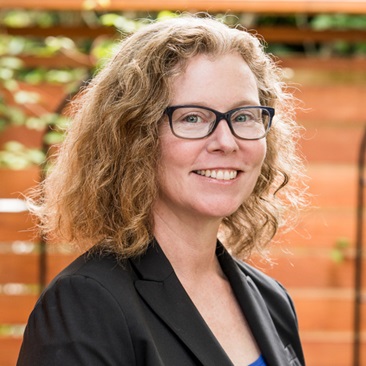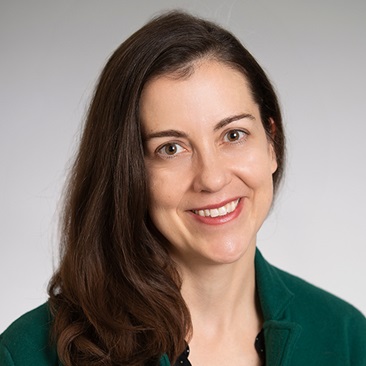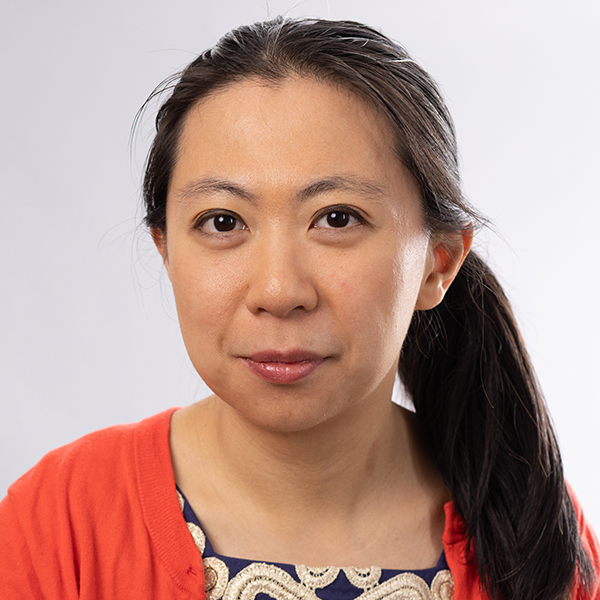full-time faculty teaching and conducting research in political science
of Maxwell faculty conduct research focused outside of the U.S.
graduate students in residence; fewer than 12 admitted each year
Undergraduate Studies
Graduate Studies

I am Maxwell.
Civic engagement is a core value for me. I have always aspired to help the communities I’m from.” Mazaher Kaila, a Maxwell alumna and third-year student at Syracuse University's College of Law, moved with her family from Sudan to Central New York when she was four years old. “I realized that to make meaningful change in society, I needed to understand the systems that power it—government and politics—and that’s insight I would gain by studying political science.”
Mazaher Kaila ’19, L’22
political science, law
Politicians’ Private Sector Jobs and Parliamentary Behavior
Simon Weschle
American Journal of Political Science, September 2022
About 80% of democracies allow legislators to be employed in the private sector while they hold office. However, we know little about the consequences of this practice. In this article, I use newly assembled panel data of all members of the United Kingdom House of Commons and a difference-in-differences design to investigate how legislators change their parliamentary behavior when they have outside earnings.
When holding a private sector job, members of the governing Conservative Party, who earn the vast majority of outside income, change whether and how they vote on the floor of parliament as well as increase the number of written parliamentary questions they ask by 60%. For the latter, I demonstrate a targeted pattern suggesting that the increase relates to their employment.
The article thus shows that one of the most common, and yet least studied, forms of money in politics affects politicians’ parliamentary behavior.
Related News
Commentary

Jul 29, 2024
Commentary

Jul 12, 2024
Commentary

Jul 11, 2024
BaoBao Zhang Joins First Cohort of AI2050 Early Career Fellows
One of only 15 scholars chosen from across the U.S., Zhang will receive up to $200,000 in research funding over the next two years. Zhang will use the funding to partner with the nonprofit, non-partisan Center for New Democratic Processes to test whether public participation in AI governance is increased through the creation of public assemblies, known as “deliberative democracy workshops.”
Baobao Zhang
Assistant Professor, Political Science Department

Politicians’ Private Sector Jobs and Parliamentary Behavior
Simon Weschle
American Journal of Political Science, September 2022
About 80% of democracies allow legislators to be employed in the private sector while they hold office. However, we know little about the consequences of this practice. In this article, I use newly assembled panel data of all members of the United Kingdom House of Commons and a difference-in-differences design to investigate how legislators change their parliamentary behavior when they have outside earnings.
When holding a private sector job, members of the governing Conservative Party, who earn the vast majority of outside income, change whether and how they vote on the floor of parliament as well as increase the number of written parliamentary questions they ask by 60%. For the latter, I demonstrate a targeted pattern suggesting that the increase relates to their employment.
The article thus shows that one of the most common, and yet least studied, forms of money in politics affects politicians’ parliamentary behavior.
Related News
Commentary

Jul 29, 2024
Commentary

Jul 12, 2024
Commentary

Jul 11, 2024

